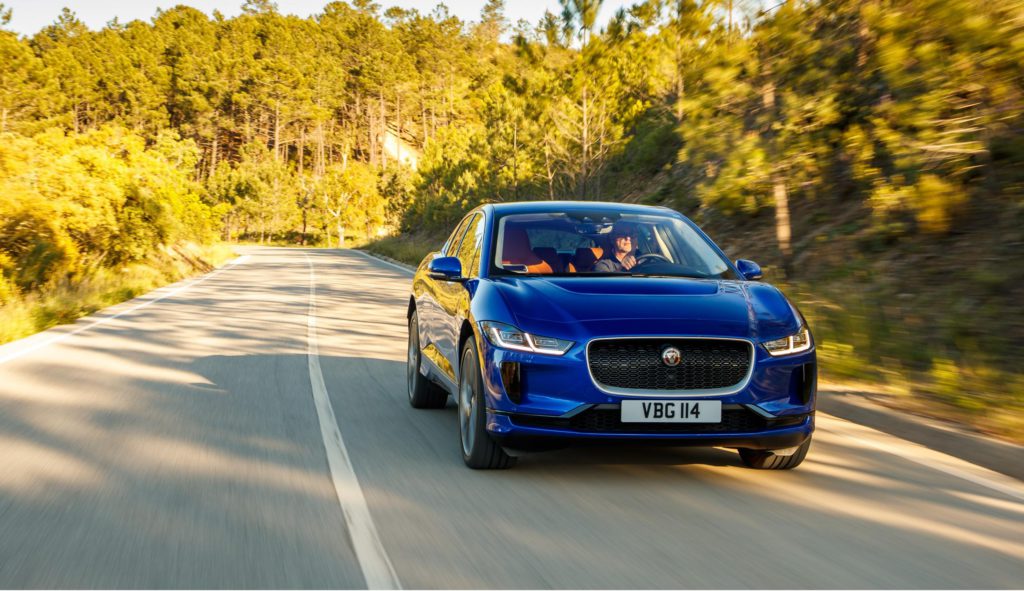JLR CEO Ralf Speth does not see cheaper EVs for five years
19 September 2019

JLR CEO Ralf Speth does not see cheaper EVs for five years
19 September 2019
The price of batteries for electric vehicles (EVs) will not come down for up to five years, according to Jaguar Land Rover (JLR) CEO Ralf Speth.
Speaking to Autocar magazine, Speth said he wants to see the charging infrastructure drastically improve to allow drivers to feel more confident. Should that happen, carmakers can fit smaller batteries to their EVs, reducing their costs in the process as the battery is often the most expensive component.
′I hope the infrastructure is fixed,' Speth said. ′The price of electric cars is still too high, as we need to do a big range. So, you have a big battery that is needed, as you can't charge the car. If you can charge, we can make the battery smaller and bring the cost down.'
The JLR CEO cautioned, however, that ′there will be no reduced cost for three-to-five years. We need a more dense charging network, more quality and more quantity, that are more standardised and provide faster charging. You clearly need a good spread across the country, not just in London.'
Speth is convinced that electric cars are the future and that charging infrastructure will catch up as carmakers roll out more electric models. ′With more demand for chargers, it will come,' he said. ′It will come later, but it will come.'
Norway and the Netherlands offer the highest charging network density in Europe and are the only two countries that have more than 1,000 charging points per million population. The two countries also have the highest market share of BEVs in Europe according to ACEA data, supported by the charging infrastructure and healthy financial incentives.
Phasing out combustion
The Jaguar I-Pace, launched in 2018, is JLR's first production EV but the company is planning to reinvent its flagship Jaguar XJ model as a fully electric car. Remarketing the vehicle as fully electric will, the company hopes, reinvent the idea of what a luxury saloon is, while also allowing it to act as a high-tech flagship for Jaguar.
The company could begin to phase out traditional internal combustion engines in the next five-to-seven years, with replacement models relying totally on electric drivetrains. The carmaker has not yet approved the final plans but it is already working to offer an electrified version of models across its entire range by 2025.
JLR has also started to plan a flexible production line, adapting to the building of traditional, hybrid and electric-engine vehicles whenever needed. The move would allow the company's Land Rover brand to continue selling vehicles with internal combustion engines, with the electric Jaguar brand offsetting any CO2 emissions.